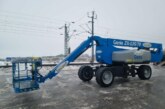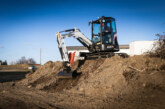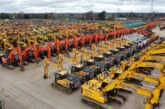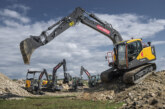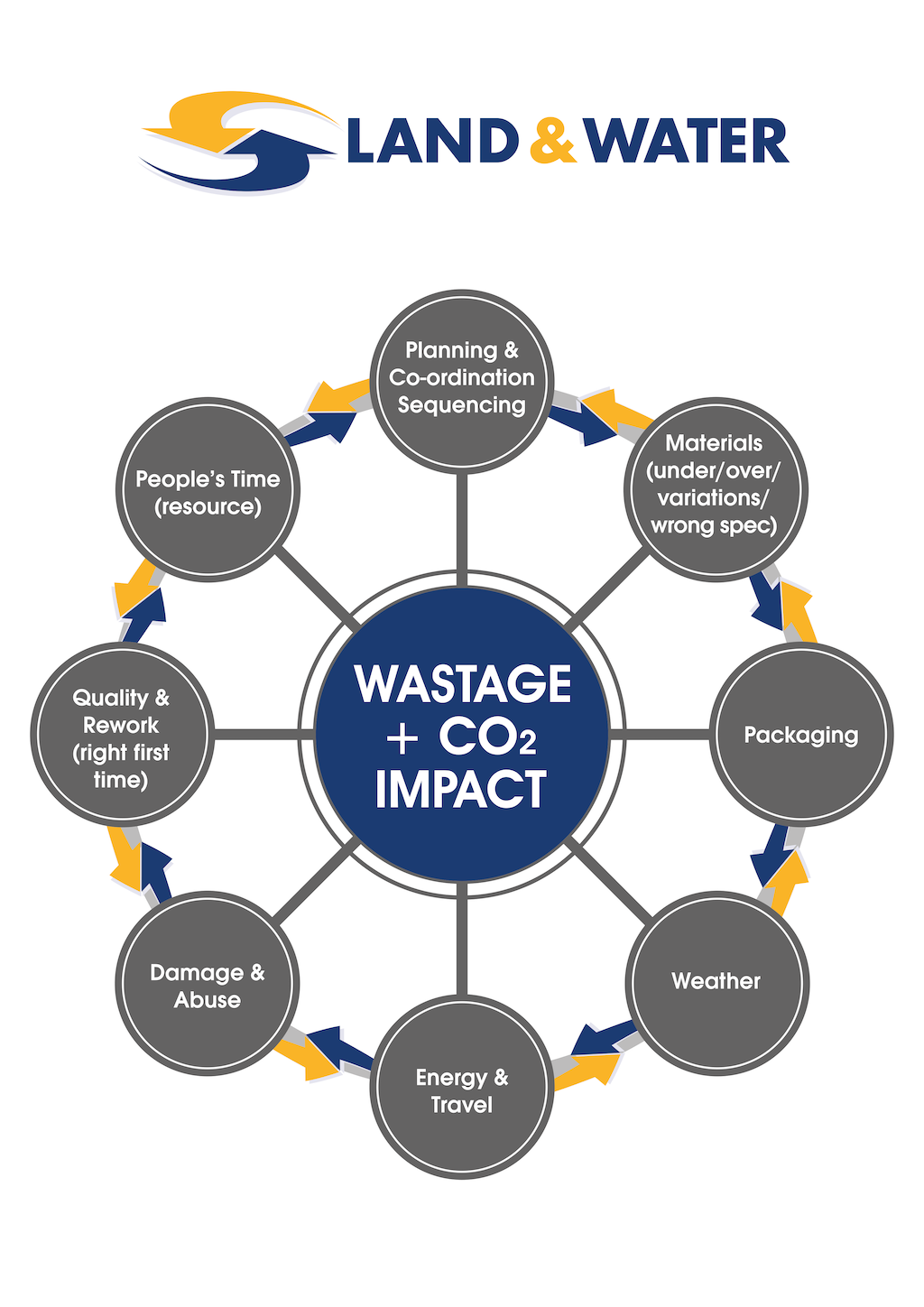
Studying accessible data from the 20 largest contractors in the UK, a shocking fact emerges that wastage in the construction and civil engineering industries falls between 30% and 38%.
James Maclean, CEO of leading wet civil and environmental engineering firm Land & Water, has a driving passion to reduce this figure. As the firm looks to lead the civil engineering and construction industries in reducing their carbon footprint and become carbon net zero by 2030, he has launched a campaign “What a Waste”.
James explains: “We all have the ability (at every level and within every role) to respond to waste and it’s time the industry took action in order to drive down our impacts and act with responsibility. Responsibility can be broken down into two words, response and ability and there are immediate changes we can all make.”
Starting close to home by looking at its own company, Land & Water has identified eight key areas that can be tackled quickly by the sector in order to minimise time, energy and resources being wasted.
These eight areas are:
- Planning and co-ordination
- How materials and resources are used on site
- How the industry works with weather (and against it) to improve efficiency
- Energy, idle time and fuel
- Damage and abuse of equipment and working conditions
- Quality – by terms of getting it right the first time and avoiding re-work
- Our time – understanding our personal responsibilities to make sure we use our time as efficiently and effectively as possible
James Maclean says: “I’m appalled by the waste I see and what impact this is having on the environment. We need to open the dialogue of attacking waste to drive down the sector’s carbon footprint.
“I just cannot understand why the construction industry seems happy to settle for net profit margins of 1-5% (data analysed from the 20 largest contractors in the UK’s published accounts), yet study after study shows the sector is hamstrung by inefficiencies of 30-38%.
“At Land & Water, we pride ourselves on having conversations on anything that might make our business better which is why we’ve involved our whole team in identifying bad practices we undertake that create waste.
“Our aim is to tackle these head on by putting the right solutions in place. We hope that by being honest to ourselves, showing warts and all, that this informs not only our company but our supply chain and other businesses within our sector.
“It’s a really simple, triple bottom line behaviour…. Attacking wastage improves your profit, lowers your impact on the planet and makes for a happier more productive project.”
James has filmed a series of videos exploring waste within Land & Water and the solutions it is putting in place to reduce its impacts and carbon footprint. The videos, which can be accessed by the public, have highlighted key impacts of waste and areas that need to be addressed:
- Damaged and abused equipment can have a massive impact on the environment. Every piece of equipment has carbon embedded in it and so if it can no longer be used that’s wasted carbon, wasted money repairing the machine, wasted time carrying out the repairs and an increase in pollution to obtain parts shipped or flown around the world. Land & Water has invested in educating Site Managers and Operatives on the use of equipment and its maintenance and has created a reporting system whereby all damage can be highlighted and dealt with quickly, and a roving mentor re-trains staff on their responsibilities and best practice.
- Land & Water purchases around 1.5 million litres of diesel, HVO or gas oil per year. Every litre burnt emits 2.25 kilos of carbon into the atmosphere. According to readily available data shared with Land & Water from equipment manufacturers Caterpillar and Hitachi, engine idle time is 32-37% for 20t – 25t excavators in the UK. That’s +30% more servicing than the machine requires, +30% more engineers mileage, +30% more service parts from across the world and +30% more time that construction workers spend travelling to sites to fix any problems.
- Land & Water’s idle time is between 20% – 23%, lower than the industry standard, but it’s still unacceptable. 50% of the firms fleet now has auto switch off after five minutes of idle time and the business has made a conscious decision to only invest in equipment, moving forward, which has this ability.
- It is also important to consider the impact the weather may have on carrying out works, considering the environment in which we work can have a profound effect on productivity and wastage. Wind, rainfall, heat, frost, fog, tide, drought and daylight times all influence productivity and reading the weather in advance can be the difference between winning and a loss-making day. At Land & Water, the in-house HSQE team send out weather bulletins for freak events, these are targeted regionally so the site teams have time to prepare, and take preventative or defensive actions, or work on and take advantage of appropriate conditions, another tweak to working practices as we get used to the effects of Climate Change in the work place.
James continues, “Everyone in the construction process needs to accept their personal responsibility for planning their work effectively and using materials efficiently so we get things right the first time on projects, it breaks my heart to drive past major projects where there’s mountains to be done and people’s heads are down, looking at their phones…what a waste?”.
The What a Waste videos can be accessed here:


